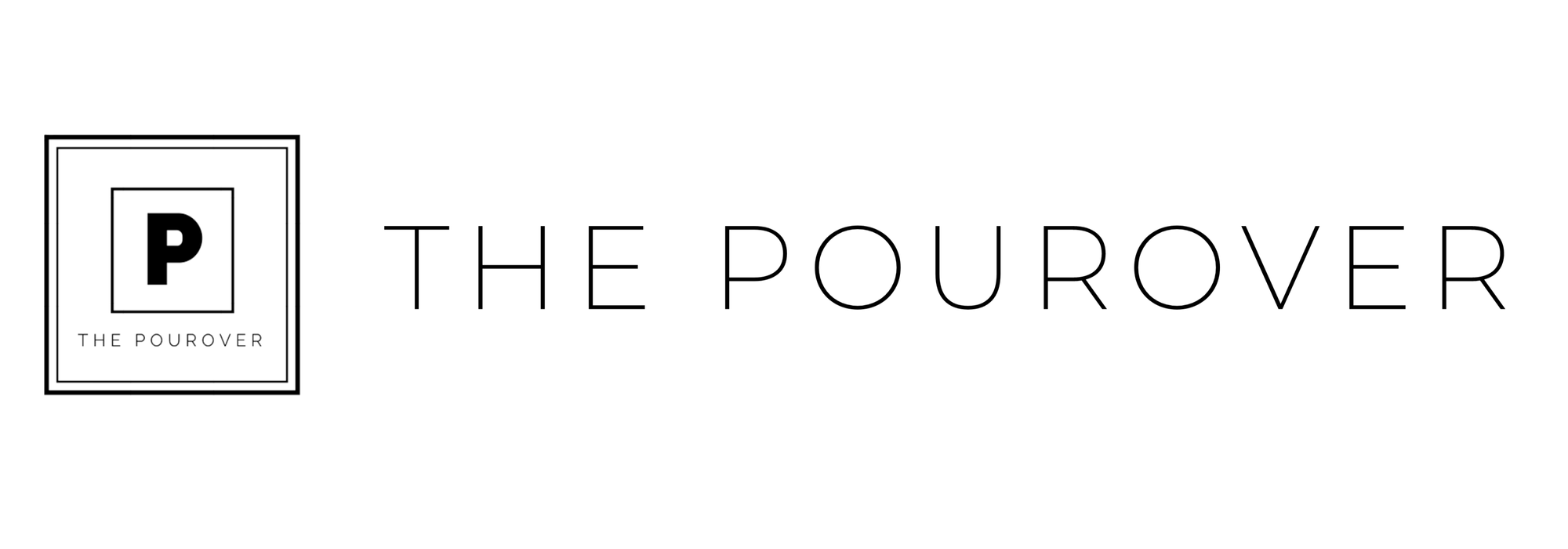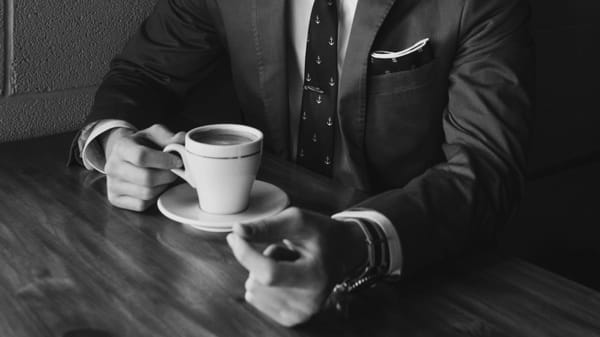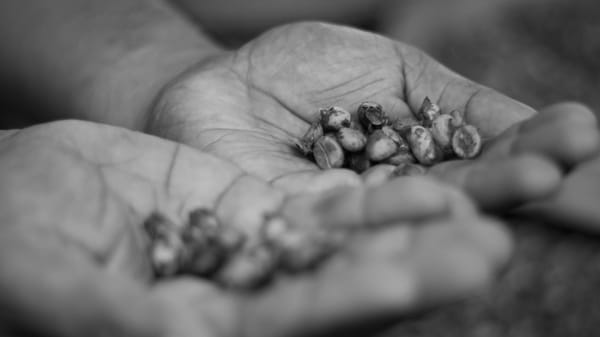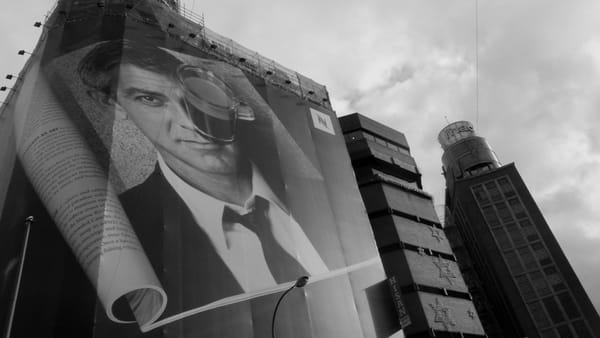COFFEE NEWS ROUNDUP: WEEK ENDING FEBRUARY 16TH
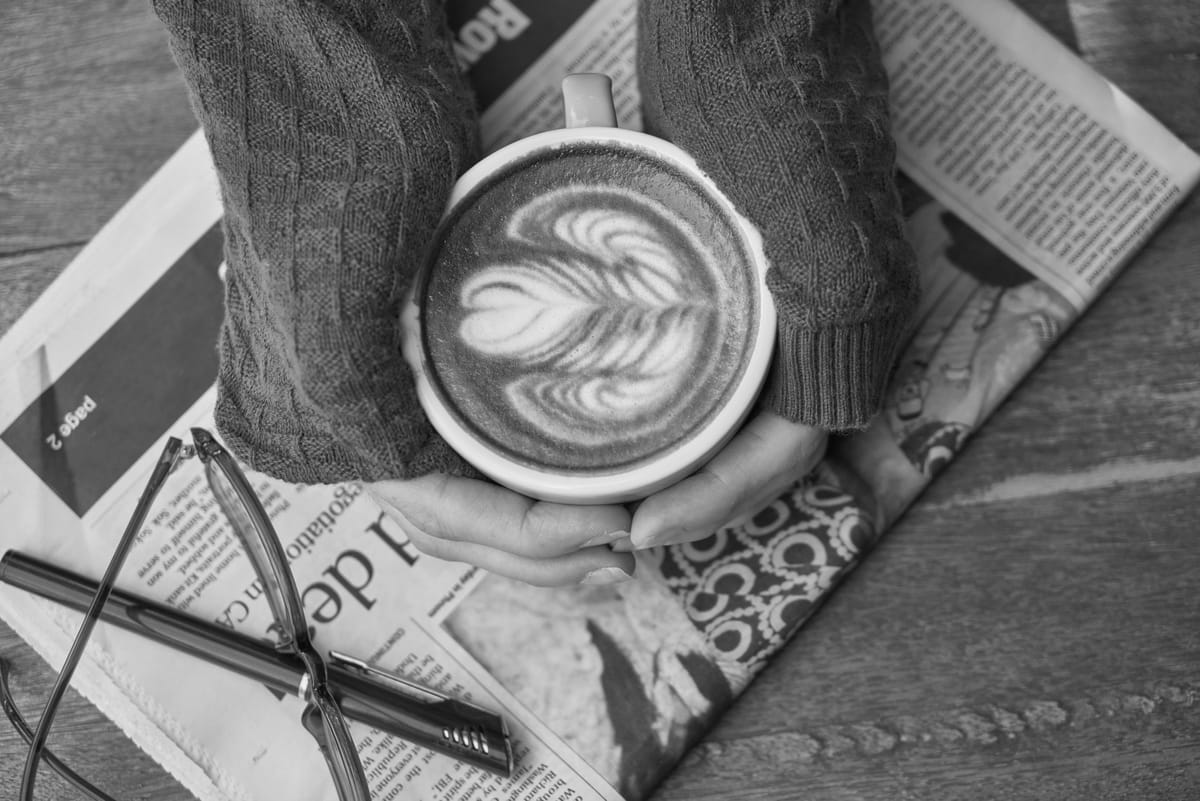

It's been a very slow week for coffee news. Maybe everyone is still hibernating, or too busy focusing on Valentine's Day, or perhaps getting too excited for the opening of Black Panther at the weekend to care too much about coffee.
But the news that's out there is probably important, so we shall persevere with our meager supply.
Lawsuit Claims Jerry Seinfeld Stole Idea For Comedians in Cars Getting Coffee - via The Drive
Someone always thinks they had the idea for anything successful before it got made. The concept of simultaneous invention has been around for a while, after all.
Here's a fun example: the discovery of oxygen happened twice—it was first discovered in 1772 by Carl Wilhelm Scheele, who named it "fire air" but didn't publish his findings until 1777, by which time Joseph Priestley had already published his own, separate, study. Priestley is widely credited with oxygen's discovery, earning Scheele the nickname "Hard Luck Scheele", because apparently scientists are jerks.
Similarly, Jerry Seinfeld is being sued over the invention of Comedians in Cars Getting Coffee, his hit show where he, well, gets coffee with comedians. While driving cars. It's fascinating stuff. A television producer claims that he pitched the idea to Seinfeld in 2002, almost a decade before the show's pilot was made—Seinfeld quite obviously disputes this allegation.
Fascinating stuff.
Read more here.
Coffee Gets a Cocktail-Like Treatment at Goodkind Coffee in Lakewood, Ohio - via Daily Coffee News
This isn't news exactly, but an extremely interesting story about a coffee shop in Cleveland taking a radically different approach to the cafe model.
Attempting to make coffee service more akin to a high-end cocktail bar, Goodkind Coffee in Lakewood, Ohio, is eschewing the fast-paced approach of most cafes in favour of a slower, more conversational method. Cocktail-esque coffee drinks such as the Kaffe Tonic—homemade tonic syrup, espresso, bitters and sparkling water—are served alongside more traditional espresso drinks and tea concoctions. Even the interior has more in common with a bar than a coffee shop, full of dark wood and low-hanging lamps.
Read the whole article here.
Costa Rica to lift 30-year ban on planting robusta coffee trees - via Reuters
Well, this doesn't bode well.
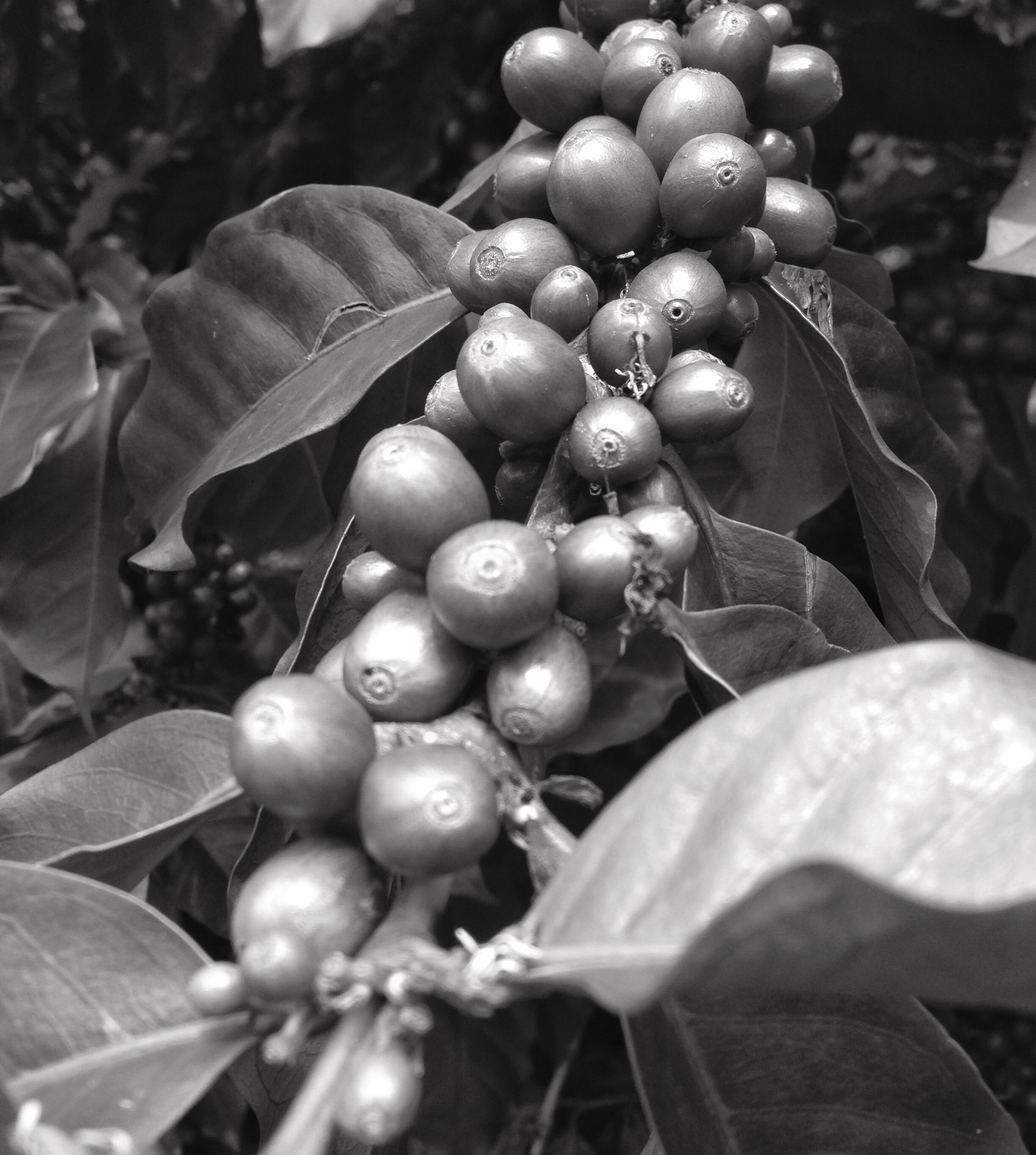
In an attempt to adapt to the ever-worsening coffee growing climate—beset by coffee rust, various pests and an ever-more unpredictable growing season—Costa Rica is lifting a 30 year ban on planting robusta coffee varieties.
Coffea robusta is, as its name suggests, a more robust cousin of Coffea arabica, the variety overwhelmingly preferred by the specialty coffee industry. Robusta is able to grow better at lower elevations, grows faster and is more resistant to disease, pests and climate change, making it a far safer bet for farmers.
However, it also produces lower quality, worse tasting coffee. It is usually sold to big commercial coffee roasters and poured into cheap blends or instant coffee concoctions, where taste is less important than price point and shelf stability.
Costa Rica is one of the smaller coffee producers in Central America, but due to its protection of arabica varieties has a reputation for producing high-quality coffee—something which could change with this new proposal.
Read more here.
Why the end of the world’s most popular coffee could be nigh - via Chemical & Engineering News
However, we might not have to worry about Costa Rica lowering its standards, because arabica coffee might just go extinct. Coffea arabica has a genetic diversity of just 1.2%, compared with 20% for crops such as rice or soy, leaving it extremely vulnerable to a plant apocalypse. This probably has to do with the fact that most of the world's arabica coffee varieties come from a very small original sample size, which was spread around the world by the colonial powers in the 17th century.
In order to save our most delicious drink, genetic engineering may be needed. The Coffee Center at UC Davis is working on it, as are many other researchers around the world. It's either that, or we let huge corporations spill pesticides over everything and cross our fingers.
Read more here.
Is coffee good for you?
Women's Health Magazine thinks so. They say that if you drink 8 ounces of coffee per day, you'll burn an extra 100 calories due to metabolism or something. That translates, apparently, to 10 pounds lost per year. How can you argue with that?
Moving on.
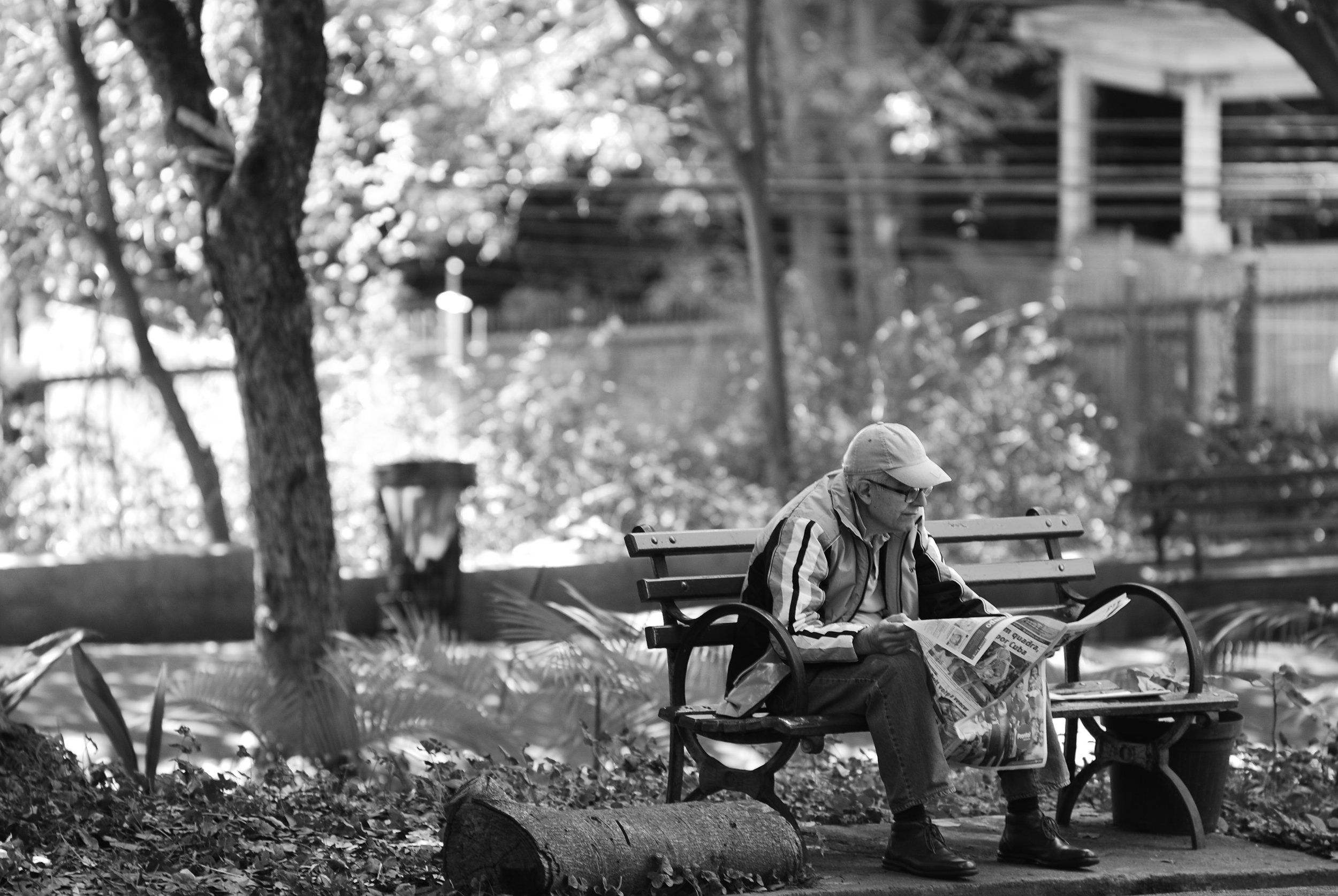
What to read
7 Thriving Coffee Community Organizations by RJ Joseph
Lever Romance: How I Restored a 70-Year-Old Espresso Machine by Arkadiy Chernov
Barista Stories: Claire Wallace of Brew Lab Coffee by Karolina Kumstova
Equator Coffees’ Quiet Expansion Into Oakland by Noah Sanders
Until next week, drink good coffee. And don't get sued.
